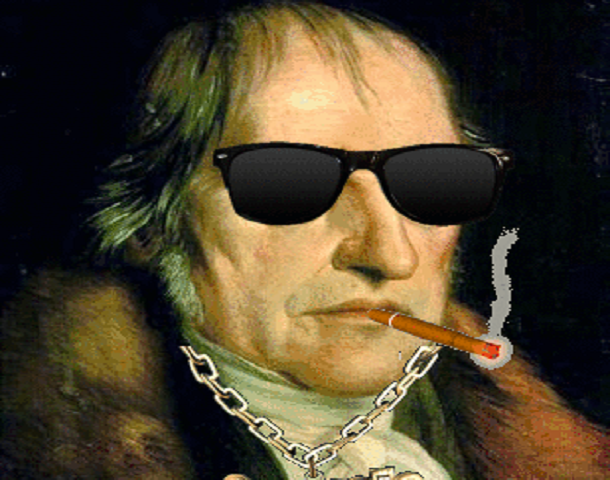Marx

Karl Marx (1818-1883) is one of the most notorious political philosophers, whose philosophy bears the name "Marxism." However, despite this title which suggests that Marx is different from other philosophers, in many ways Marx fits into the larger tradition of political philosophy and deals with many of the core questions of political philosophy: what is human nature, the nature of state and society, is democracy the best form of government, how much inequality should we tolerate in society, etc. Marx is different from most other philosophers in that he openly advocated for a political and social revolution to abolish capitalism and replace it with socialism. Most other philosophers up until now had only a fairly dim understanding of capitalism as it emerges only in the course of the nineteenth century, although developing for several centuries before that. Marx's revolutionary ideas are explained in many of his writings, but probably none more well known than the Communi...



